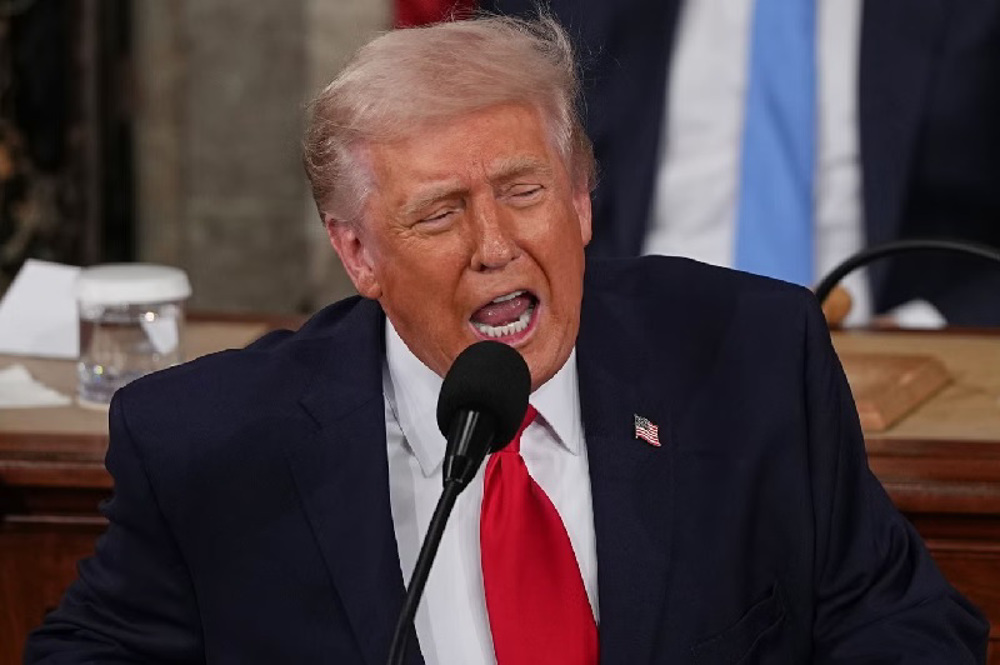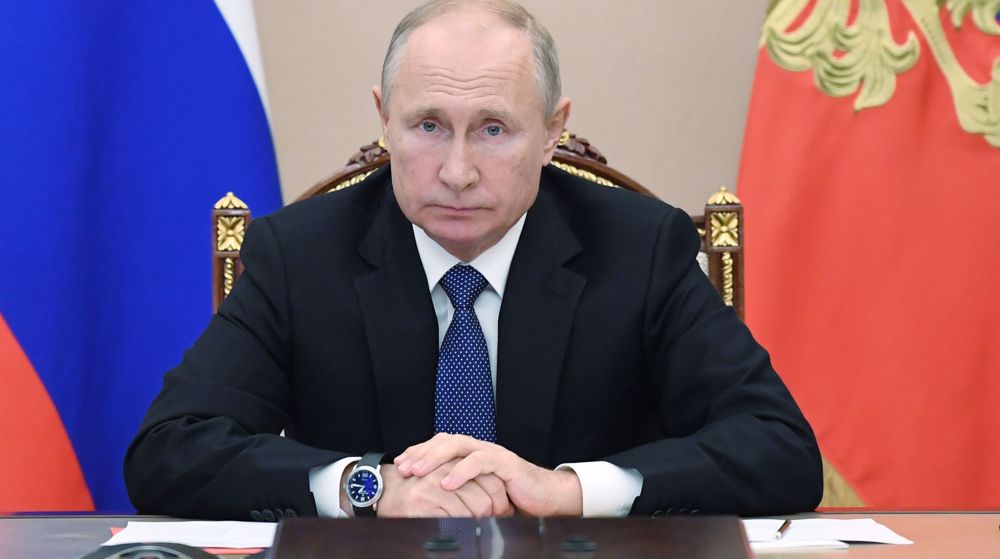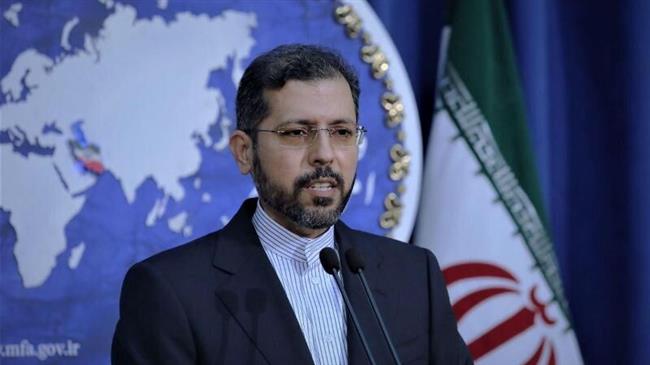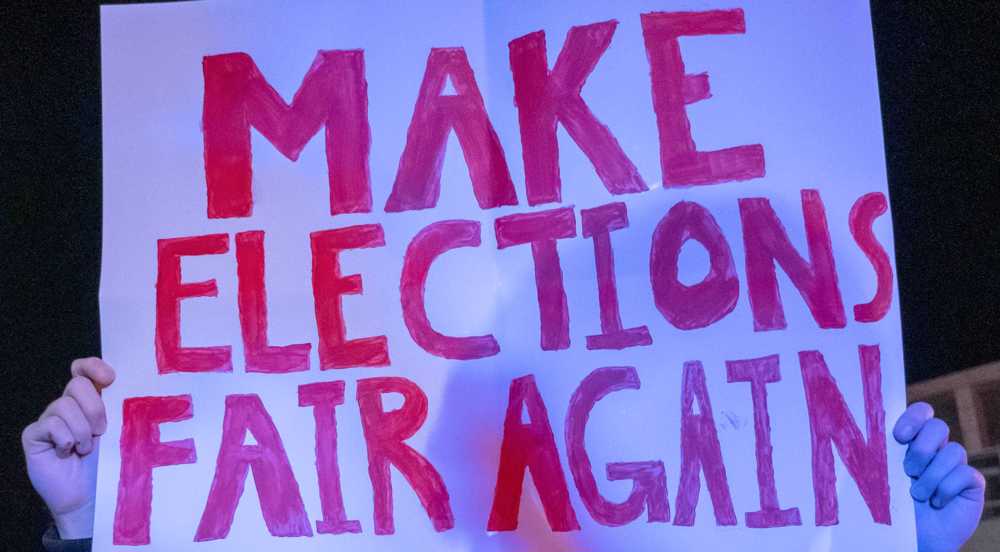Massive free trade deal worries USA, boosts arch rival China’s economy
A mega free-trade pact, The Regional Comprehensive Economic Partnership, RCEP, which came into existence a few days ago, has been described as the largest free-trade agreement in history.
The bloc of countries involved consists of ten Southeast Asian countries, as well as China, South Korea, Japan, Australia and New Zealand.
The RCEP is described by some experts as a major win for multilateralism and free trade despite America’s withdrawal from many international agreements. The new free-trade agreement is often compared to the Trans-Pacific Partnership deal that US President Donald Trump defiantly tore apart soon after he took office.
The agreement was signed on the sidelines of the annual meeting of the Association of Southeast Asian Nations on Sunday after nearly a decade of negotiations. What makes the RCEP very important is its sheer size: nearly a third of global economy.
The world’s largest trading bloc has become a reality as the international community is grappling with the devastating economic impact of the COVID-19 pandemic. It is hoped that the RCEP will spur economic recovery from the downturn brought about by the virus.
It is estimated that the new deal will significantly boost global national income in the coming decade. Advocates of multilateralism and free trade believe the new agreement shows that the world will not wait around for the United States. The US may find itself pretty isolated because its rivals and allies including the European Union are all are pursuing free trade deals.
RCEP expected to boost China’s influence
Meanwhile, the new RCEP agreement, which excludes the United States, is widely viewed as a geopolitical victory for the world’s second largest economy, China. Observers believe it will boost China’s influence in the region at a time when the US is taking a tough line on its arch economic rival.
I can't emphasize enough how important the free trade agreement is for the reshaping of international political and economic relationships, and this will clearly strengthen China's hand in trying to keep the United States from its somewhat hostile incursions into what Chinese, the Chinese government considers its territories.
Dr David Barkin, Professor of Economics, UAM, Mexico
Trump’s protectionist agenda backfires
The administration of US president Donald Trump has been particularly confrontational in its economic strategy. Washington has implemented protectionist policies like no other US administration.
It has taken a tough line on China blaming it for a large part of America’s trade deficit. The US is also engaged in trade conflicts with other major players like the European Union.
But Trump’s protectionist agenda is not preventing the rest of the world from pursuing free trade at different levels.
RCEP hailed by free trade advocates
The Regional Comprehensive Economic Partnership is proof that the world prefers multilateralism.
That will give extraordinary support to the multilateralization of international trade in a way that perhaps was not. is not contemplated in the concept of bipolar, bipolararity, or even in the notion of globalization, as it was being considered, in recent years.
Dr David Barkin, Professor of Economics, UAM, Mexico
Free trade deals galore
President Trump has imposed tariffs on friend and foe alike in a bid to protect American businesses, which has undoubtedly undermined America’s status as a global economic leader.
Even America’s close allies, such as the EU, are engaged in free trade negotiations. Trump’s protectionist agenda may eventually backfire. Because as a growing number of countries sign free trade deals, American exporters may soon find themselves losing ground to international competitors.
What direction America will take in the future?
Who knows? Trump will probably have to leave the White House in January which does not give him enough time to complete his America First project.
The projected winner of the US presidential election, Joe Biden, will face many a dilemma as a direct result of Trump’s controversial policies.
Biden’s presidency will probably mean a more traditional US role on the world stage. He could bring back America from the brink of full-blown trade and military conflicts with China.
Unfortunately, President-elect Joe Biden cannot abruptly do away with Trump’s protectionism to join free trade deals, since, at this juncture in time many Americans would see any such decision as throwing away US jobs.
IRGC strikes USS Abraham Lincoln aircraft carrier with volley of ballistic missiles
Iranian armed forces to pulverize US bases across the region: Pezeshkian
Enemy will take dream of enslaving the Iranian nation to grave: Army chief
IRGC launches largest barrage of missile strikes at Israeli occupied territories
Assassination of Ayatollah Khamenei ‘open war against Muslims’: Pezeshkian
Iranians rally countrywide to mourn Leader’s martyrdom in US-Israeli aggression
Qalibaf to US, Israel: We will deal such painful blows that you will beg for mercy
Largescale jet, drone attacks carried out against US, Zionist targets: Iran Army





















 This makes it easy to access the Press TV website
This makes it easy to access the Press TV website